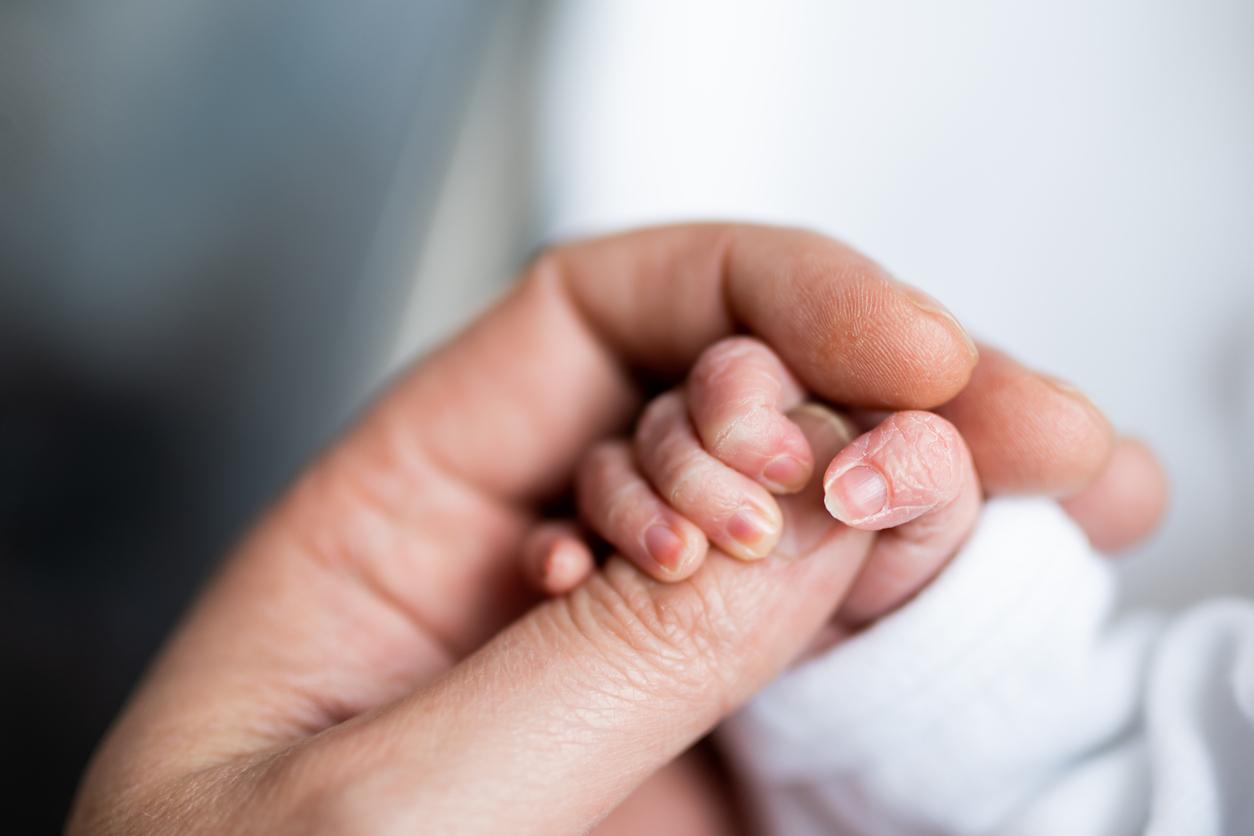Constitutional thinness: resistance to weight gain
As Professor Estour specifies, “weight is genetically determined, in both men and women”. Indeed, contrary to popular belief, if you are thin, it is not necessarily enough to eat more to gain weight over the long term. It is actually a real resistance to weight gain. To provide proof of this theory, the team compared 2 groups of patients aged 18 to 35: “We gave them 700 additional calories per day, in addition to their usual caloric intake and followed them for 1 month: the control group gained 1.5 kg, a weight they kept for 3 months before returning to its previous value. Those suffering from constitutional thinness took 700 g but lost everything again in the week following the cessation of over-nutrition ”.
Constitutional thinness is not anorexia nervosa
Another important point: make the difference betweenanorexia nervosa and constitutional thinness. Thus, if the anorexic subject is under nutrition, it is not in the case of constitutional thinness. “In our study, explains the specialist, we also compared people suffering from constitutional thinness with anorexics: we were surprised to see that if in women suffering from anorexia nervosa, the periods stopped, in those affected by constitutional thinness, they continue to be perfectly normal ”.
In question, the real family ground
People with constitutional thinness find it difficult to build up fat: they secrete a hormone, which can be quickly mobilized, which cuts their appetite. They eat less, but still more often than normal people. Their total food intake is also perfectly balanced in relation to expenditure. “In fact, constitutional thinness is above all a question of genetics, of inheritance which is transmitted, although we do not yet know everything, adds the professor. There are families of thin over several generations: constitutional thinness is above all a matter of hereditary filiation ”.
The consequences of constitutional thinness
Constitutional thinness can have consequences, particularly psychological: “Being too thin can be a real social handicap,” explains Bruno Estour. Despite a society that praises thinness, the young women affected are indeed stigmatized. Their relationship with others, especially sexual, is very often difficult ”. This can be real suffering. As the researcher adds, “there are also frequent problems ofosteoporosis in 25% of these subjects, from the age of 20, although there are still no data on bone strength ”.
Are there any treatments?
Naturally, we gain around 10 kg between the ages of 20 and 50. In the event of constitutional thinness, the weight gain is 2 to 4 kilos. Over time, thinness will therefore diminish. But as Bruno Estour explains, to date there is no other solution to grab a few pounds: “overeating is difficult to maintain in the long term and weight gain remains genetically programmed. “


















